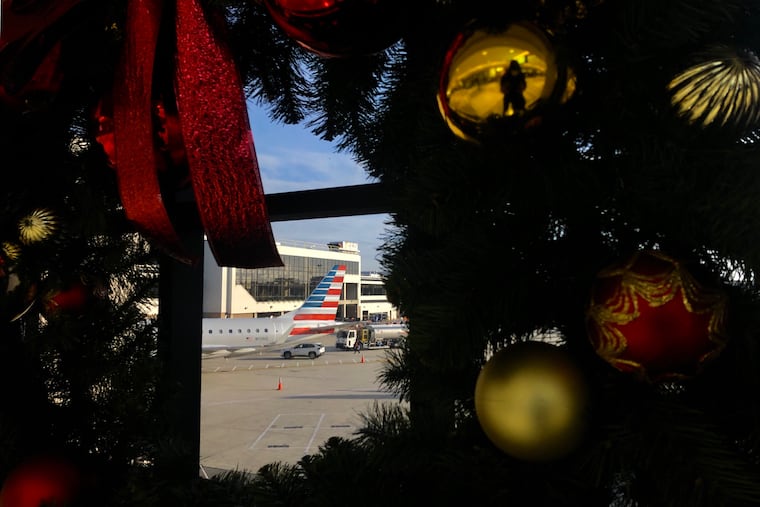At the end of a tumultuous year, there’s one thing Americans can agree on | Solomon Jones
I believe there’s still hope.

This has been a year of turmoil, and that has made its ending more important.
In a traditional year, the faithful would be focused on religious celebrations. Children would be anticipating the gifts the season brings. Retailers would be hoping that the holidays were fruitful. All of us would be looking forward to a new year, a new outlook, and a new start.
However, this has not been a traditional year. In 2020, the COVID-19 pandemic killed more than 319,000 Americans, cost millions more their jobs, and still, Black Americans who remember racist research like the Tuskegee study are skeptical of a new vaccine. This year, the pandemic left thousands standing in food lines. The election led a vanquished president to try to upend the results. Police killings of Black people like George Floyd, Breonna Taylor, and so many others led millions of people from every background to take to the streets to shout a simple truth: Black lives matter.
We viewed all of it through the lenses of race and class, political and religious allegiances, social and economic position. And, because we are separated along so many lines, each calamity we faced felt exponentially worse. That’s why, as we move into 2021, we should acknowledge our differences — and then seek common ground we can build upon.
Those on either side of the political divide will never agree on Donald Trump, the progressive wing of the Democratic Party, or the correct approach for handling the pandemic. Our racial divisions set us at odds on police killings of Black and brown people, ongoing economic disparities, and the payment of reparations for slavery and Jim Crow. Class differences keep us far apart on issues like gentrification and the social safety net.
Yet, I believe there’s still hope. Even though our societal divisions have ripped the American fabric so badly that in many ways, we are hanging by a thread. Even though our political schisms have led us to view neighbors, coworkers, and even family members as enemies, there is hope. Even in the midst of the political, racial, and medical chaos we’ve experienced in 2020, there is hope. Now, we must reach for that hope, because if we don’t, we could very well fall apart.
The question now is a simple one: What do we do to fix this?
First, we must acknowledge that there is a problem, and in my view, the problem is that we are perpetually angry with each other over our disagreements. That kind of permanent rage makes us weaker as individuals and as a society. Not just because a house divided against itself cannot stand, but also because there is a physiological price to pay when anger is our default position.
In one 2010 study, two researchers reviewed academic articles published since 2000 that confirmed what others already knew: Anger can have a direct impact on cardiovascular and other health issues. By activating stress hormones, anger can produce an “avalanche of events,” including changes to one’s metabolism, problems with one’s vascular system, and dangerous heart rate variations. This doesn’t mean we should always suppress anger — that can be harmful, too. It simply means that we can’t live in constant rage.
» READ MORE: I sled, you sled, we all sled for sanity | Maria Panaritis
Dialing back anger requires us to recognize the humanity in other people. It requires us to get beyond demonizing those with whom we disagree. It requires us to find common ground wherever and whenever we can.
Doing that means coming to a simple realization. All of us, regardless of our racial, political, or class differences, have some common goals. We want to live in relative safety. We want to have opportunities for advancement. We want our children to fare better than we did. We want to leave a legacy behind.
If we are going to achieve those goals as we leave behind this most difficult year, we’ll have to start by engaging in the hardest work of all. We’ll have to learn to listen to one another. Only then can we move beyond the heartbreak and anger this year has given us. Only then can we have something close to the future we all want.